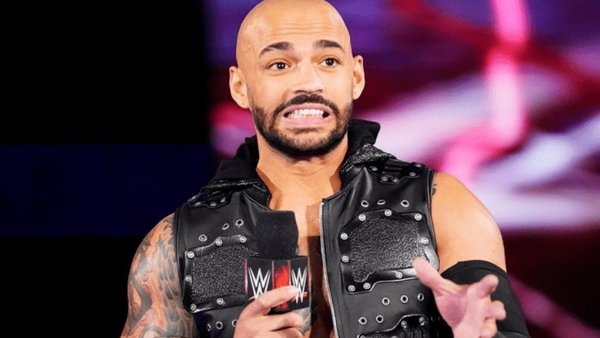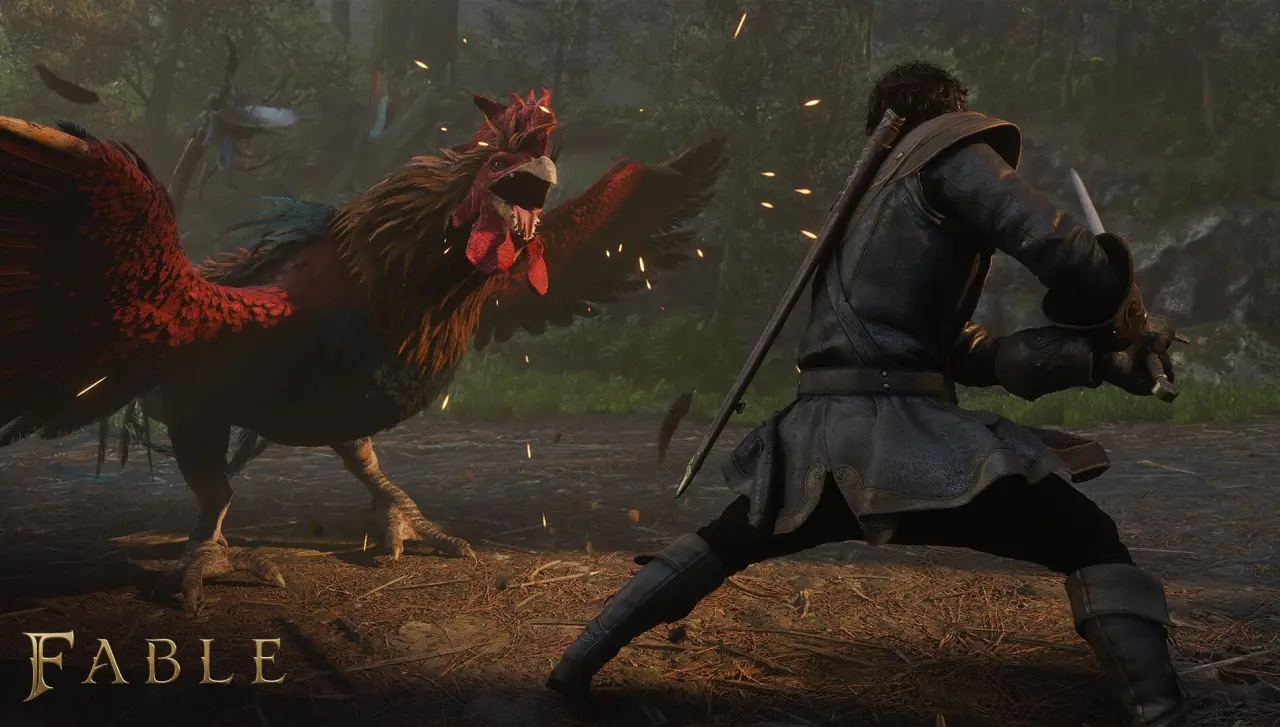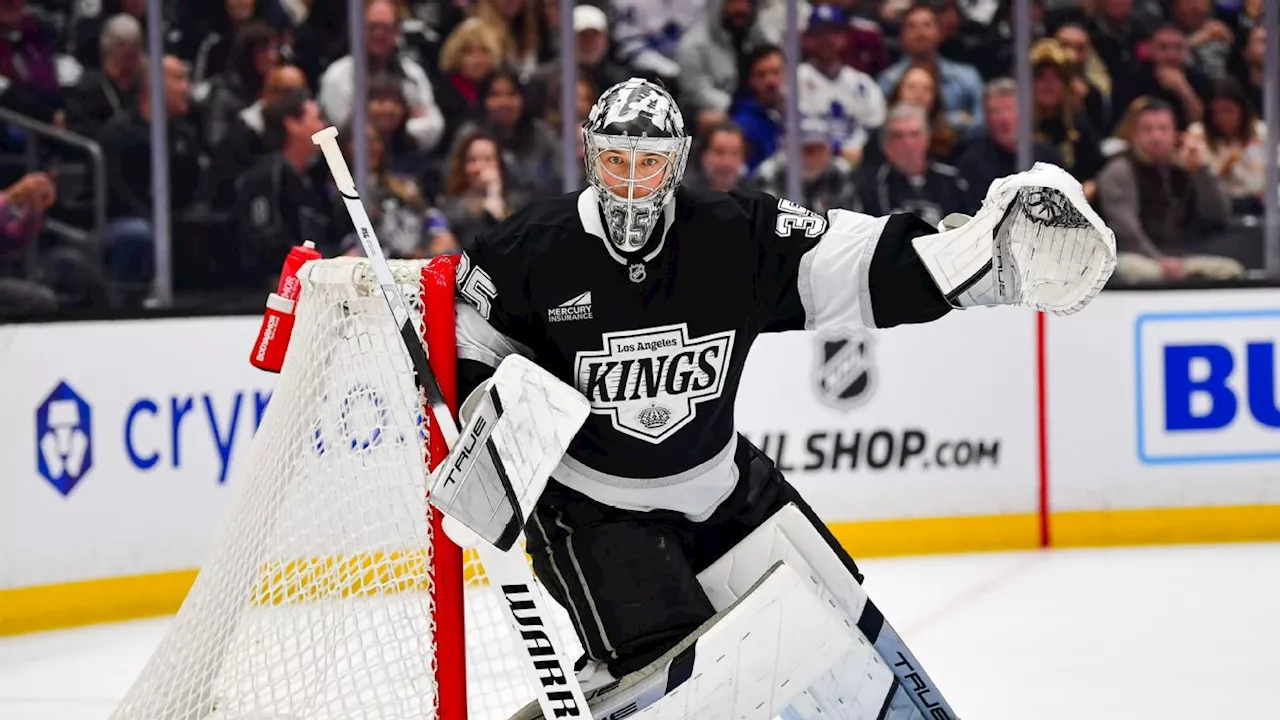
WWE, recognized as the largest wrestling promotion globally, is often viewed as the pinnacle for aspiring wrestlers aiming for stardom. Despite the emergence of various independent promotions, WWE continues to hold a unique position in the industry, enhancing the fame and financial prospects of those who successfully navigate its competitive landscape. However, not every wrestler who joins WWE experiences the anticipated success, with some struggling to find their footing amidst the organization’s spotlight.
In wrestling, the transition to WWE can feel like a gamble. While some performers enjoy meteoric rises, others see their careers falter. Factors contributing to this disparity include creative direction, in-ring style, and audience reception. This article explores eight notable wrestlers whose WWE tenures did not meet expectations, highlighting the challenges they faced.
Dean Malenko: The Technical Master
Dean Malenko is often celebrated as one of the most skilled wrestlers of his era. Recognized by Pro Wrestling Illustrated as the best wrestler in the world in 1997, Malenko was renowned for his technical prowess. His significant contributions to the ECW and WCW’s cruiserweight division showcased his abilities, with four championship reigns solidifying his legacy.
When Malenko made the leap to WWE, he joined forces with fellow WCW alumni Perry Saturn, Chris Benoit, and Eddie Guerrero as part of the Radicalz faction. Unfortunately, despite his impressive credentials, Malenko’s time in WWE was marked by underutilization. His involvement in the less prestigious Light Heavyweight Championship scene and a poorly received parody gimmick known as “Double Ho Seven” overshadowed his talents.
Impact of Creative Direction
Many factors influence a wrestler’s success in WWE, with creative direction playing a crucial role. The company’s focus on larger-than-life characters often leaves technical wrestlers like Malenko struggling for relevance. The shift from a more wrestling-centric approach to a focus on entertainment can hinder performers who thrive on in-ring excellence.
This trend is evident in the careers of other wrestlers who faced similar challenges in WWE. While some adapted and found ways to connect with the audience, others remained sidelined, unable to leverage their skills effectively. This disparity raises questions about how WWE’s creative choices impact the careers of individual wrestlers.
Understanding the landscape of WWE is essential for evaluating the careers of those who have passed through its ranks. Wrestlers who excelled in other promotions often found it difficult to replicate their success in WWE due to creative constraints and audience preferences. The contrast between the independent circuit and WWE highlights the complexities of professional wrestling and the diverse paths wrestlers may take in their careers.
In summary, while WWE remains the pinnacle for many wrestlers, it is not an infallible route to success. The experiences of performers like Dean Malenko serve as reminders that the professional wrestling landscape is multifaceted, with numerous factors influencing a wrestler’s trajectory. As wrestling continues to evolve, understanding these dynamics will be crucial for both fans and aspiring wrestlers navigating this competitive industry.







